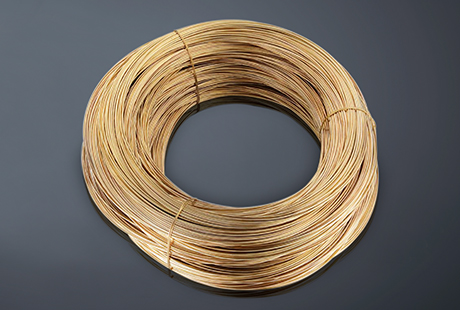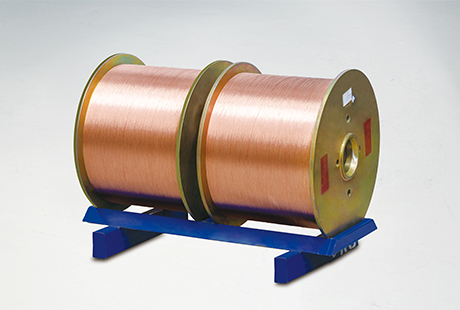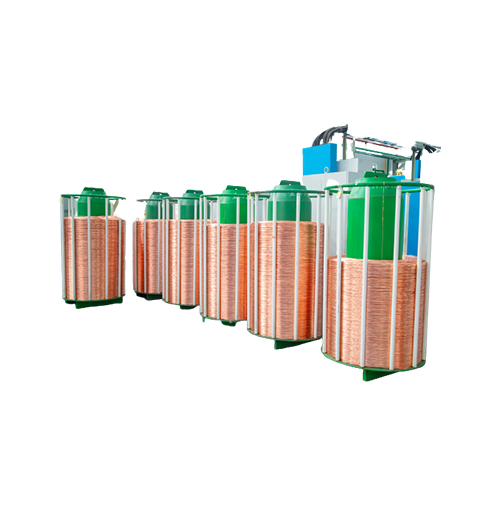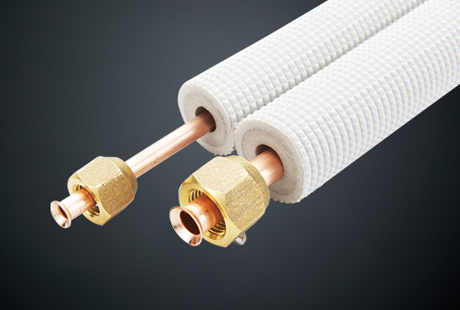When it comes to safeguarding the residential water supply, one crucial component that often goes unnoticed is the pressure reducing valve (brass). Specifically, pressure reducing valves made from brass offer an excellent solution to prevent potential damage to water supply systems and appliances. In this blog, we will explore the importance of pressure reducing valve (brass) and how they play a significant role in maintaining the stability and longevity of the residential water supply.
Understanding the Role of Pressure Reducing Valve (Brass) in Residential Water Supply Systems
Residential water supply systems are susceptible to fluctuating water pressure. High water pressure, especially, can lead to a multitude of plumbing issues, including burst pipes, leaky faucets, and damaged appliances like washing machines or dishwashers. This is where pressure reducing valves come into the picture. Their primary purpose is to regulate and control the water pressure flowing into a residential property, ensuring a consistent and optimal pressure level that is safe for the entire system.
The Advantages of Pressure Reducing Valve (Brass)
While pressure reducing valve (brass) comes in various materials, brass is highly recommended due to its exceptional durability, corrosion resistance, and strength. Brass pressure reducing valve is capable of withstanding high-pressure environments without succumbing to the detrimental effects of rust and corrosion, which can impact their functionality and lifespan. The reliability of brass makes it the ideal material for pressure reducing valves, safeguarding the water supply for years to come.
Ensuring Longevity and Efficient Performance with Pressure Reducing Valve (Brass)
Alongside their durability and corrosion resistance, brass pressure reducing valves offer several additional benefits that contribute to the overall health of residential water supply systems. These valves are designed to maintain a consistent water pressure throughout the entire plumbing network, preventing sudden pressure surges that can cause damage. By reducing the water pressure to a safe and stable level, brass pressure reducing valves minimize the strain on pipes, fixtures, and appliances, extending their lifespan and reducing the risk of costly repairs or replacements.
Moreover, pressure reducing valves (brass) also plays a significant role in conserving water. By regulating the pressure and preventing excessive flow, homeowners can save water and reduce their monthly utility bills. Additionally, these valves also contribute towards energy conservation, as appliances such as water heaters and boilers operate more efficiently under the recommended pressure range.
Installation and Maintenance of Pressure Reducing Valve (Brass)
To ensure optimal performance and maximum efficiency, proper installation and regular maintenance of brass pressure reducing valves are crucial. Professional installation by a licensed plumber is highly recommended, as they have the knowledge and expertise to ensure correct placement and functioning. Additionally, routine inspections and servicing will help identify any potential issues and ensure that the pressure reducing valves continue to operate correctly.
In conclusion, pressure reducing valve (brass) is a vital component in safeguarding residential water supply systems. Their durability, corrosion resistance, and ability to regulate water pressure effectively make them an excellent choice for homeowners who want to protect their plumbing infrastructure and appliances. By investing in brass pressure reducing valves and pairing them with professional installation and regular maintenance, homeowners can enjoy a stable and efficient water supply for years to come.

 English
English 日本語
日本語 한국어
한국어 français
français Deutsch
Deutsch Español
Español italiano
italiano العربية
العربية tiếng việt
tiếng việt Türkçe
Türkçe ไทย
ไทย 中文
中文





